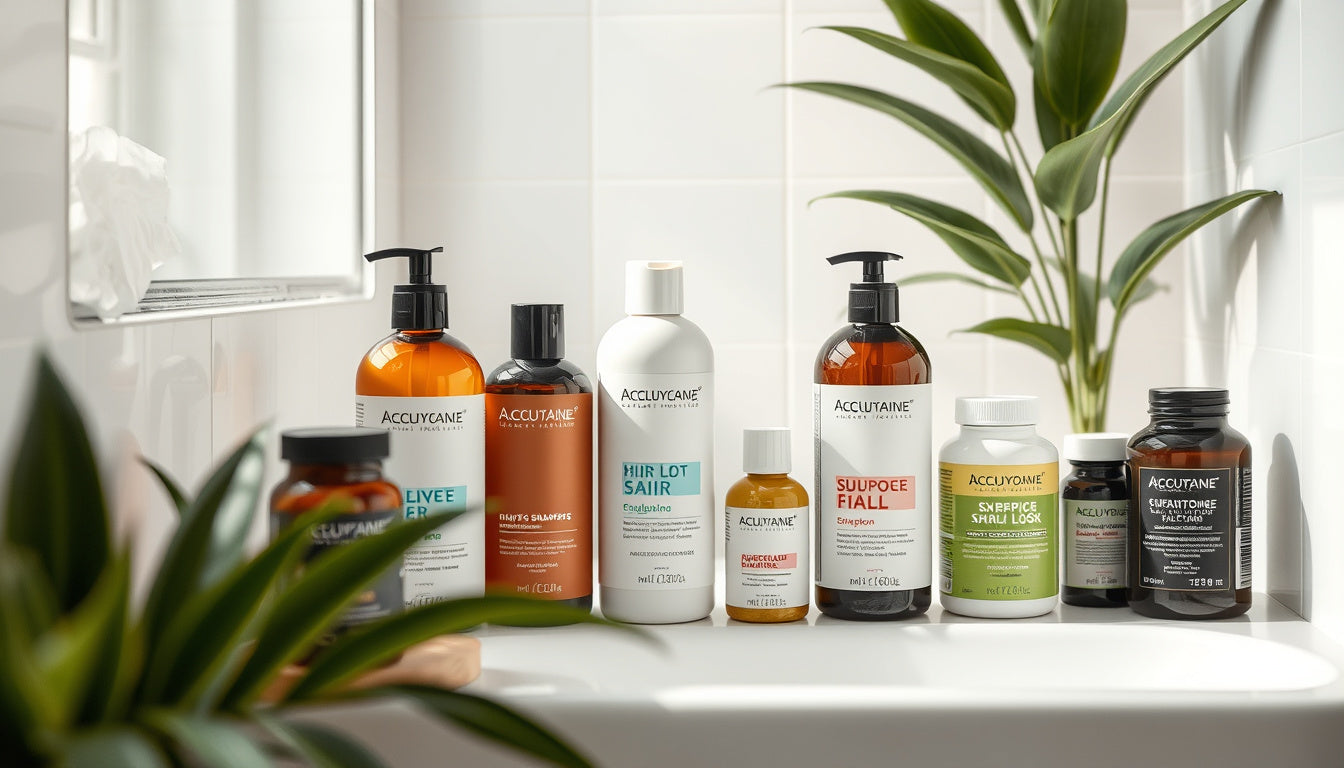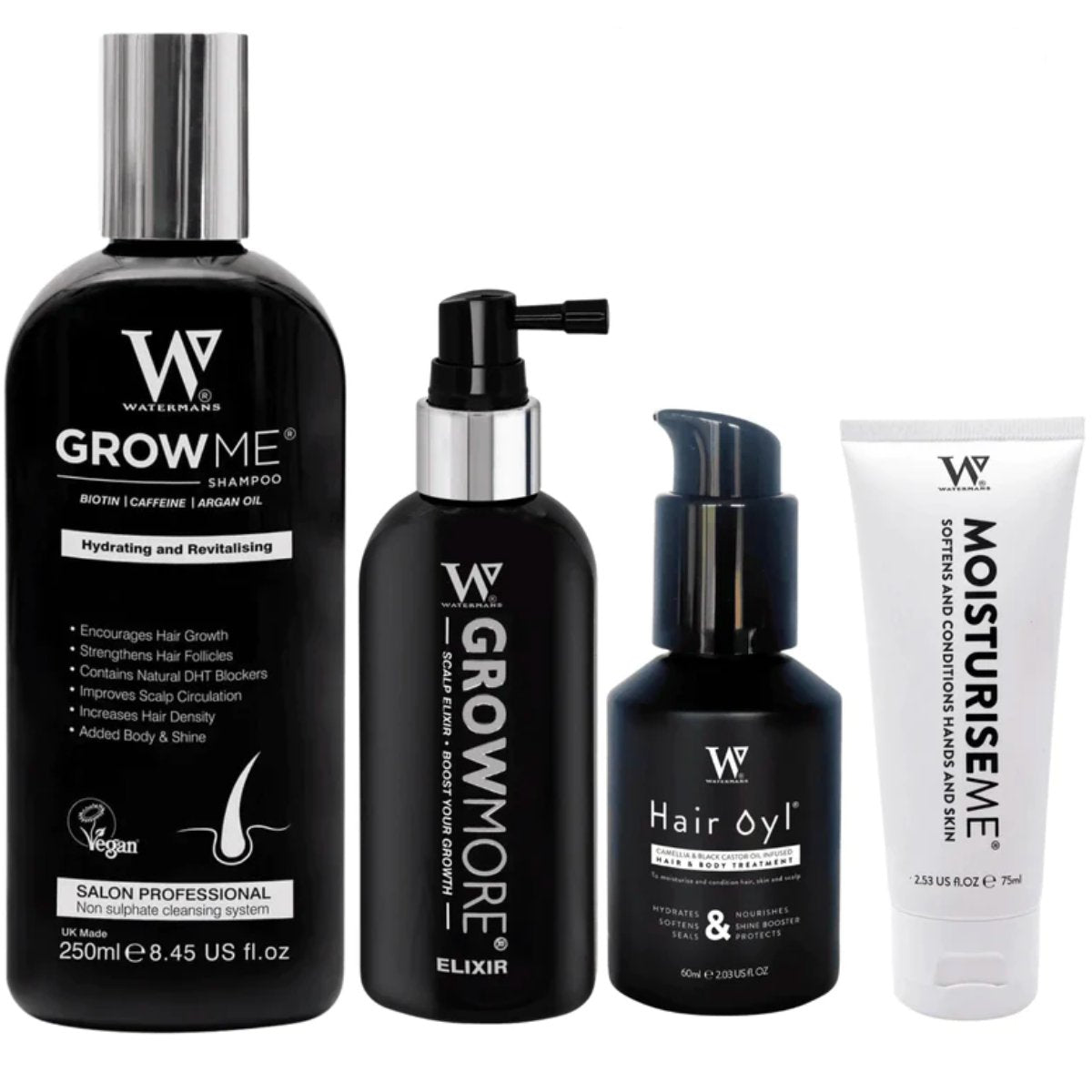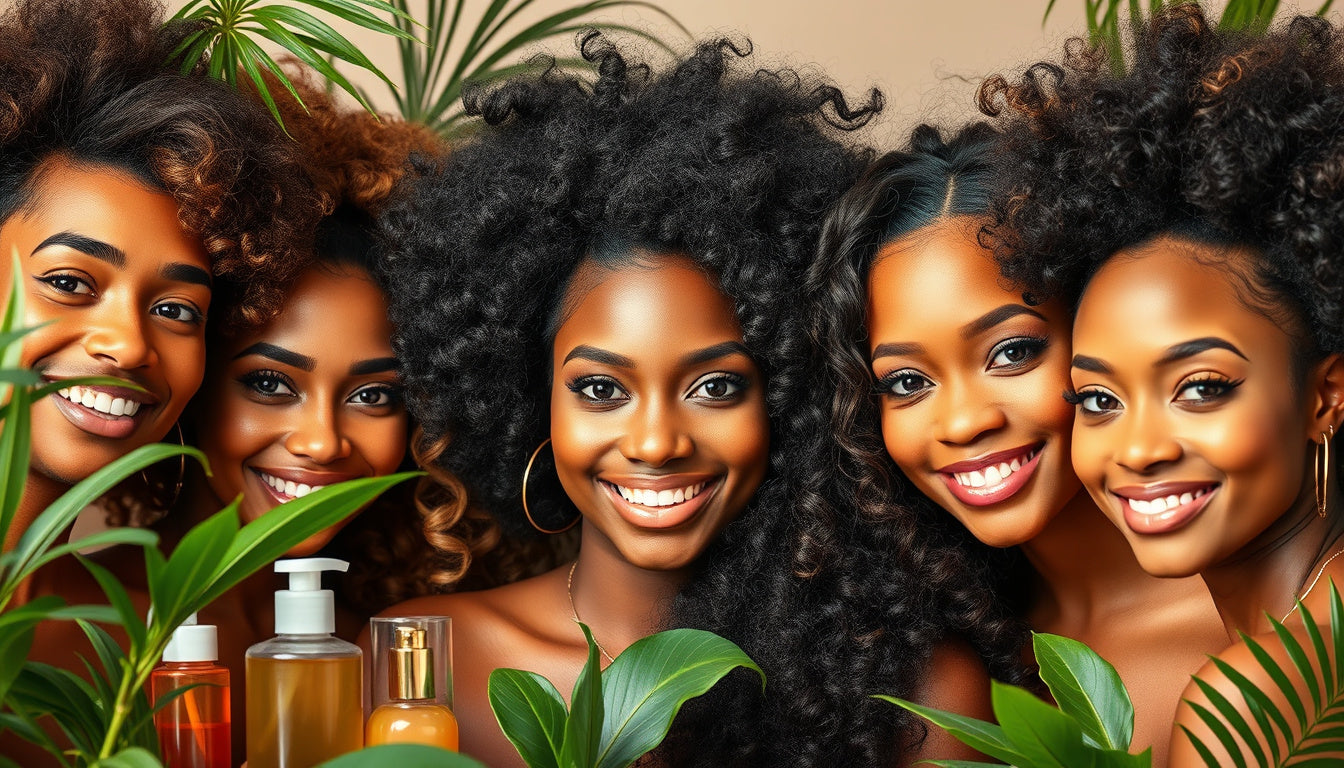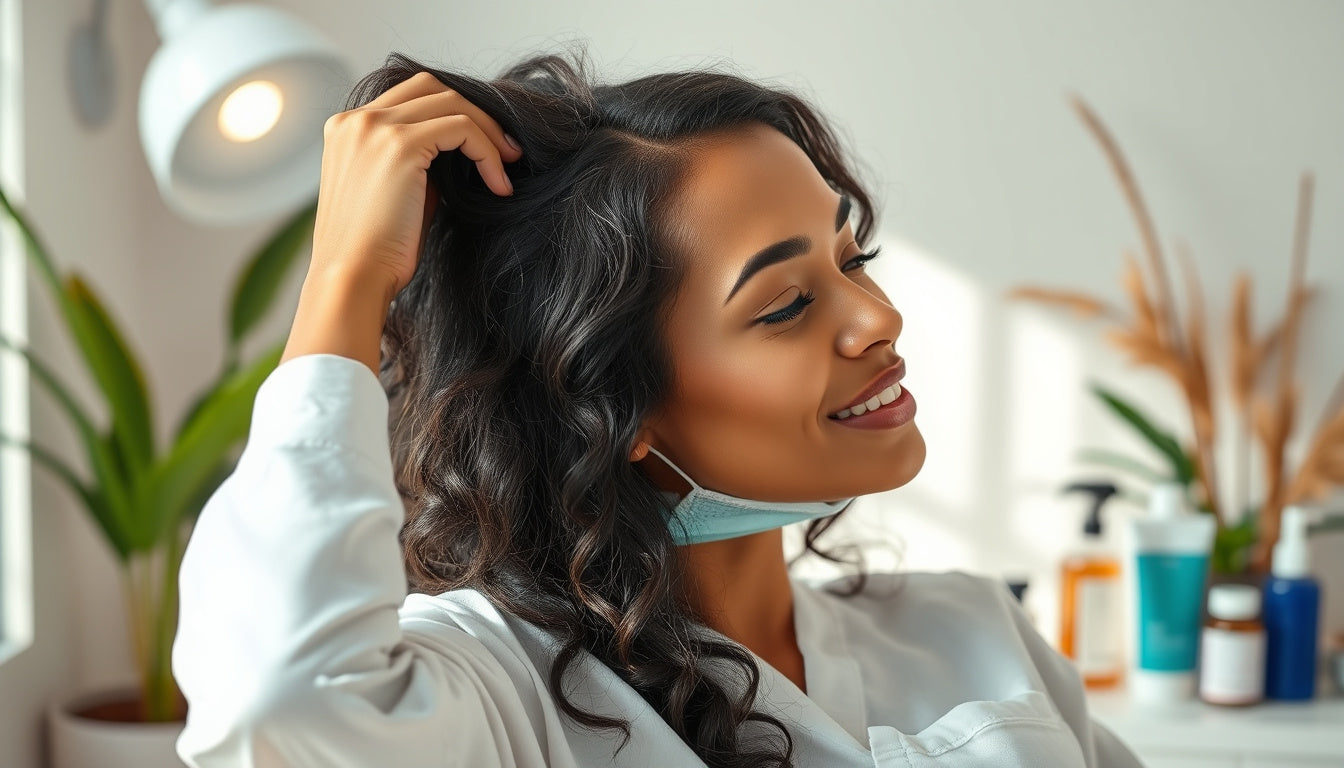
Effective Strategies to Combat Hair Loss After Accutane: A Comprehensive Guide

Are you wondering how to stop your hair loss after Accutane?
Many people take Accutane and then face hair troubles.
Accutane, or isotretinoin, is a strong medication used for severe acne.
It clears your skin but can affect your hair too.
In this article, we share real tips to slow hair loss.
Our advice helps bring back shine to your hair and boost growth.
Understanding Accutane: What Does It Do and How Does It Affect Hair?
Before you read our tips, it is important to know how Accutane works on your hair.
Accutane shrinks oil glands and slows the oil (sebum) production that keeps your skin and hair moist.
This process clears acne but may dry up your hair and scalp.
Why Does Hair Loss Occur After Accutane?
-
Dry Scalp:
Accutane dries your scalp.
Dry scalp leads to flaking and hair loss. -
Hormonal Changes:
The drug changes your hormone levels.
This change can affect the hair growth cycle. -
Nutrients Drop:
Accutane may affect your eating or digestion.
Lack of vitamins and minerals can harm hair health. -
Shedding Phase:
Some people see more hair fall as their hair goes through its natural cycle.
Top Strategies to Combat Hair Loss After Accutane
1. Use A Nourishing Shampoo
Pick a gentle, hydrating shampoo.
A shampoo like Watermans Grow Me Shampoo works with biotin, rosemary, and caffeine.
It helps your scalp feel awake and can fight dryness.
2. Deep Conditioning Treatments
Try a deep conditioning mask for dry hair.
A mask with proteins and natural oils like argan oil can make your hair soft and strong.
3. Balanced Diet
Eat a varied diet filled with vitamins and minerals.
Iron, zinc, vitamin D, and omega-3 fatty acids build strong hair.
Fish, nuts, leafy greens, and eggs work well.
4. Scalp Massage
Massage your scalp to boost blood flow to your hair roots.
A little coconut or olive oil works to keep the scalp and hair moist.
5. Avoid Heat Styling
Cut down on tools like curling irons and blow dryers while you heal.
Heat can dry out your hair more.
If you need heat, use a guard spray meant for heat.
6. Stay Hydrated
Drink plenty of water every day.
Water helps all body parts, including your hair, to stay healthy.
7. Consider Supplements
Talk with a healthcare provider about any supplements.
Items like biotin, collagen, or some herbs might support hair strength.
8. Manage Stress
High stress can lead to more hair loss.
Try mind exercises, yoga, or breathing practices to calm your mind.
9. Seek Professional Advice
If hair loss grows worse, see a skin expert or hair specialist.
They will examine your hair and guide you with a plan that fits your case.
10. Monitor Your Hair Growth
Keep a simple journal of your hair's progress.
It lets you see changes and adjust your care if needed.
Did You Know?
-
Did You Know?
Hair goes through three stages: growth (anagen), a short shift (catagen), and rest (telogen).
After Accutane, more hair may be in the resting stage, and you may see more shedding. -
Did You Know?
Accutane may stay in your system for months.
That is why hair loss can continue for a while after finishing the drug. -
Did You Know?
About 30% of people notice some hair thinning after Accutane.
Most see their hair return to normal within a year.
Q&A Section
1. How long does hair loss last after Accutane treatment?
Hair loss changes from person to person.
Many see improvement within six to twelve months after treatment.
2. Can taking biotin help with hair loss after Accutane?
Biotin helps build healthy hair.
Always ask your doctor for advice that suits you.
3. Is it normal to have dry hair after taking Accutane?
Yes, many people notice dry hair or scalp after Accutane.
This happens as the drug slows oil production.
4. Should I avoid hair coloring after Accutane?
Talk with your skin expert.
A sensitive scalp may need extra care before coloring.
5. What other products can help promote hair growth?
Beyond Watermans Grow Me Shampoo, you could try soft hair serums or topical treatments with minoxidil.
Consult your doctor before starting any new product.
6. Are there any foods I should avoid for better hair health?
Foods with high sugar and bad fats can cause more inflammation.
They might not be the best for healthy hair.
7. Can scalp treatments help with hair loss?
Yes, treatments that calm an irritated scalp can aid in the return of healthy hair.
8. Will my hair grow back thicker after the treatment?
Some may see a change in hair feel or volume.
Each person’s results can differ.
9. How frequently should I massage my scalp?
Spend 5–10 minutes on a massage a few times a week.
This step boosts blood flow to your roots.
10. Can I continue using Accutane if I experience hair loss?
Speak with your skin doctor.
They will help decide what is best for your care.
In summary, handling hair loss after Accutane is not easy, but you can help your hair return to health with the right care.
Try natural choices like Watermans Grow Me Shampoo and take small steps toward strong hair.
Keep these simple ideas in mind to help your hair grow back bright and strong.













